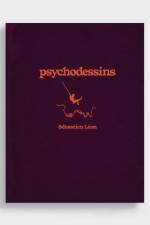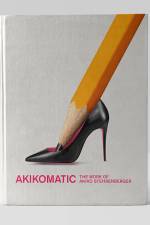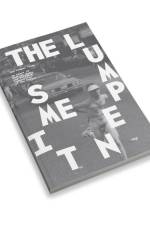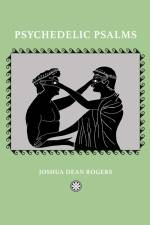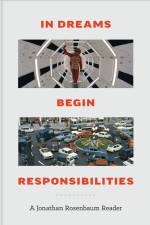av Jonathan Rosenbaum
471
A culmination of nearly six decades of writing from the mind of iconoclastic film, literary, and music critic Jonathan Rosenbaum.Looking back at his more than 50 years of writing, where many flights of fancy and fantasy prove to suggest certain duties as well as privileges, Jonathan Rosenbaum has teased out three threads in particular: the film criticism he is mainly known for (especially during his 20-year stint at the Chicago Reader), the literary criticism he has also been publishing over the past half-century, and the jazz criticism he has been writing during the same period.Believing that these three art forms are interrelated and have often been intertwined in his perceptions of them, he builds a manifesto out of a hundred of his best pieces, arranged chronologically, taking on such disparate figures as Stanley Kubrick, Thomas Pynchon, Sonny Rollins, Michael Snow, Philip Roth, Duke Ellington, Spike Lee, Roland Barthes, Keith Jarrett, Jean-Luc Godard, Vladimir Nabokov, and Ahmad Jamal, and such diverse subjects as Adam Curtis documentaries, Mad, Peanuts, Louis Armstrong, Italo Calvino, A.I. Artificial Intelligence, Shoah, Johnny Guitar, PlayTime, Chantal Akerman, Kelly Reichardt, Kira Muratova, William Faulkner’s Light in August, Bad Luck Banging or Loony Porn, and, in a final essay dealing with all three art forms, a film of a jazz cantata by André Hodeir derived from a passage in James Joyce’s Finnegans Wake.

